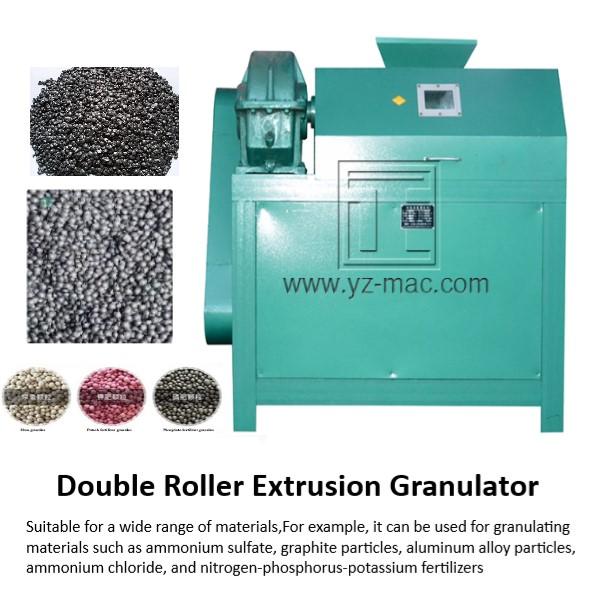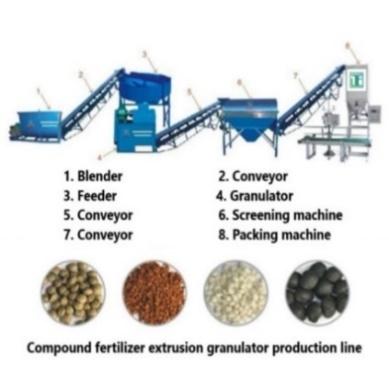Agricultural compost shredders
Agricultural compost shredders are specialized machines used in agriculture to break down organic materials into smaller pieces for composting. These shredders play a crucial role in the composting process by reducing the size of agricultural waste, such as crop residues, stalks, branches, leaves, and other organic materials.
Size Reduction:
Agricultural compost shredders are designed to reduce the size of bulky agricultural waste materials. These machines efficiently shred and chop organic materials into smaller pieces, facilitating faster decomposition during the composting process. By breaking down the materials into smaller fragments, the shredder exposes more surface area for microbial activity, enhancing the composting process.
Accelerated Decomposition:
Shredding agricultural waste materials increases the surface area available for microbial action and decomposition. The smaller particle size allows microorganisms to access the organic matter more efficiently, promoting faster breakdown and decomposition. Accelerated decomposition helps speed up the composting process and reduces the overall composting time.
Improved Aeration:
The shredding action of agricultural compost shredders also enhances the aeration of compost piles. Smaller shredded pieces create gaps and channels within the compost pile, facilitating the movement of air. Improved aeration promotes the growth of aerobic microorganisms, which thrive in the presence of oxygen and contribute to efficient decomposition.
Efficient Composting of Crop Residues:
Crop residues, such as stalks, leaves, and stems, can be challenging to compost due to their tough and fibrous nature. Agricultural compost shredders effectively break down these crop residues, making them more suitable for composting. By shredding crop residues, the shredder helps to overcome their natural resistance to decomposition and ensures their integration into the compost pile.
Weed Seed Destruction:
Agricultural compost shredders are effective in destroying weed seeds present in agricultural waste materials. The shredding process breaks open weed seeds, exposing them to environmental conditions that are unfavorable for germination. This reduces the risk of weed contamination in the final compost product, leading to weed-free compost.
Mulching Capabilities:
Many agricultural compost shredders have mulching capabilities, allowing the shredded organic material to be used as a valuable mulch in agricultural fields. The shredded material acts as a protective layer, conserving moisture, regulating soil temperature, suppressing weed growth, and enriching the soil as it decomposes.
Sustainable Agricultural Practices:
Utilizing agricultural compost shredders promotes sustainable agricultural practices. It allows farmers to manage crop residues and other organic waste materials on-site, reducing the need for disposal and minimizing environmental impact. By shredding and composting agricultural waste, farmers can recycle nutrients back into the soil, improving soil fertility and reducing reliance on synthetic fertilizers.
Customizable Options:
Agricultural compost shredders come in various sizes, configurations, and power options to suit different agricultural operations. They can be tailored to meet specific requirements, taking into account factors such as the volume of waste materials, available power source, and desired output size. Customizable options ensure that the shredder aligns with the unique needs of each agricultural operation.
In conclusion, agricultural compost shredders are essential machines for breaking down agricultural waste materials and facilitating efficient composting. These shredders reduce waste volume, accelerate decomposition, improve aeration, and destroy weed seeds. They promote sustainable agricultural practices by recycling organic materials, enhancing soil fertility, and reducing waste disposal. Agricultural compost shredders offer customizable options to suit various agricultural operations and contribute to environmentally friendly farming practices.





